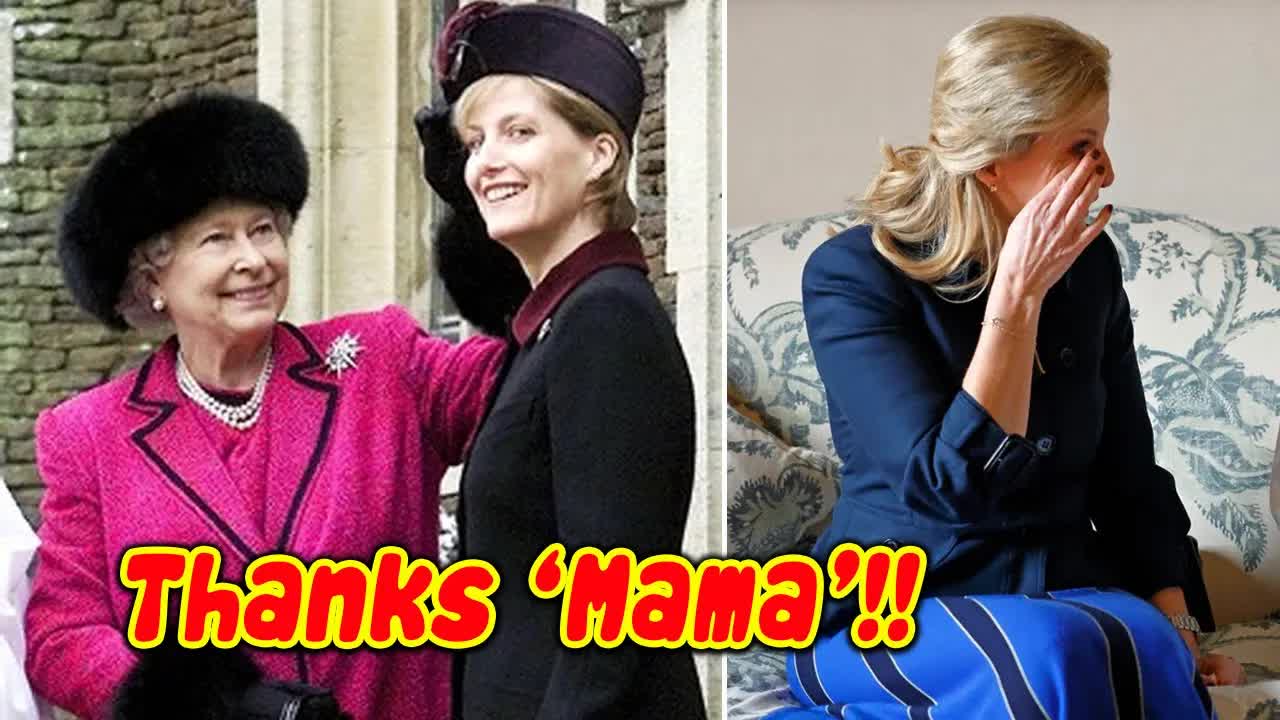The News
A Royal Bond: The Countess of Wessex and the Late Queen’s Unwavering Support
The bond between the Countess of Wessex and her mother-in-law, the late Queen Elizabeth II, was one marked by warmth and mutual respect.
In a family steeped in tradition and protocol, there are moments when those rules are bent, especially for the sake of compassion.
One poignant instance occurred back in 2003, showcasing the Queen's deep concern for Sophie during a challenging time.
Typically, the Queen maintained a strict distance when it came to visiting family members in the hospital.
However, she made an exception that year after Sophie gave birth to her first child, Lady Louise Windsor.
This visit to Frimley Park Hospital in Surrey was not just a casual gesture; it was a heartfelt response to a worrying situation.
Sophie had undergone a traumatic birth that required an emergency caesarean section, just a month shy of her due date, leaving everyone on edge about her health.
The circumstances surrounding Lady Louise's birth were particularly distressing, as the newborn needed specialized care at St. George's Hospital in London.
This separation added to the emotional strain, making the Queen's visit even more significant.
It was a rare display of familial affection from a monarch who usually kept her personal life private.
Fortunately, Sophie and Prince Edward welcomed their second child, James, Viscount Severn, in 2007 under much happier circumstances.
His arrival at the same hospital was smooth, contrasting sharply with the earlier ordeal.
Throughout these experiences, Edward remained the only child of the Queen's four offspring who avoided divorce, which likely endeared him and Sophie even more to the late monarch.
In recent times, Sophie has continued to break new ground in her royal duties.
Just last month, she undertook a significant trip to the Democratic Republic of the Congo, an endeavor requested by the Foreign, Commonwealth and Development Office.
This journey aimed to spotlight the harrowing issues of s–ual and gender-based violence in conflict zones, emphasizing the need to support survivors and combat the stigma surrounding these traumatic experiences.
Accompanying her was Lord Ahmad of Wimbledon, who serves as the Prime Minister's Special Representative on Preventing s–ual Violence in Conflict.






























































